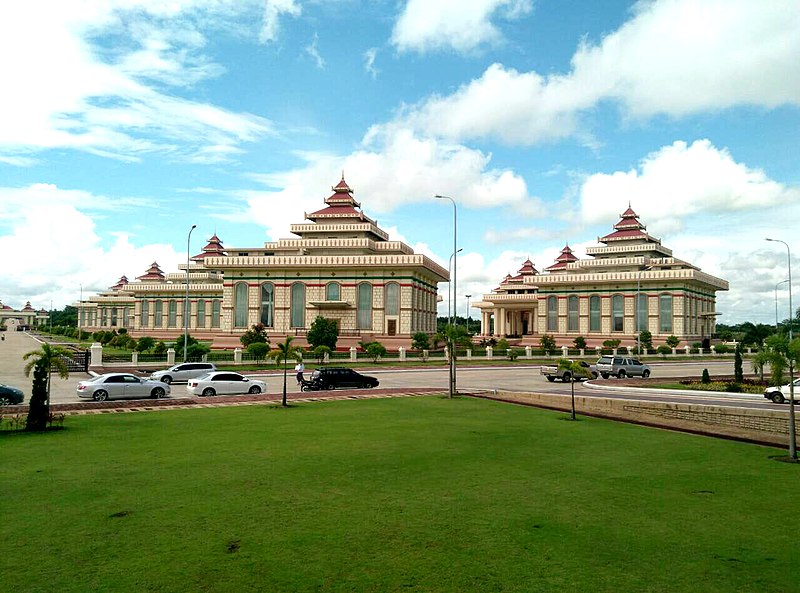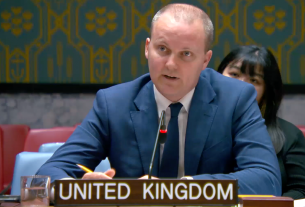Naypyidaw, August 2025 — Myanmar’s ruling military junta has announced that the country will begin its long-delayed general elections on December 28, 2025, marking the first national vote since the military seized power in a coup against the democratically elected government of Aung San Suu Kyi in February 2021.
🗳️ Election Timeline and Structure
The Union Election Commission confirmed that the elections will be conducted in multiple phases between December and January, citing security concerns. A total of 55 political parties have registered to participate, though only nine parties will contest seats nationwide.
The vote is widely viewed as an attempt by junta leader General Min Aung Hlaing to consolidate power and project legitimacy both domestically and internationally.
🚫 Opposition Barred from Participation
Aung San Suu Kyi, the Nobel laureate and former state counsellor, remains imprisoned and barred from participating, along with her now-defunct National League for Democracy (NLD) party. The NLD was dissolved in 2023 after failing to re-register under a new military-drafted electoral law.
Suu Kyi is currently serving 27 years in prison following a series of politically motivated convictions. Analysts believe that if allowed to contest freely, the NLD would likely secure another landslide victory, as it did in 2015 and 2020.
⚔️ Civil War and Electoral Challenges
Myanmar remains engulfed in a civil war, with large swaths of territory controlled by ethnic armed groups and pro-democracy militias such as the People’s Defence Force, Arakan Army, and Ta’ang National Liberation Army. Many of these groups have pledged to boycott or block the elections in their regions.
A nationwide census conducted in 2024 failed to collect data from over 40% of the country’s townships, raising concerns about the feasibility and credibility of the voter rolls.
🌍 International Reaction
Western governments and human rights organizations have condemned the elections as a sham. A United Nations expert recently described the vote as a “fraud” designed to rebrand military rule.
The junta has enacted harsh new laws ahead of the elections, including penalties of up to 10 years in prison for critics and 20 years for anyone who disrupts the electoral process.
🧭 Outlook
While the junta touts the elections as a step toward national reconciliation, critics argue that the process lacks transparency, inclusivity, and legitimacy. With the main opposition excluded and vast regions under rebel control, the December vote is unlikely to resolve Myanmar’s deep political crisis.
Pictured: Parliament-House-Myanmar



